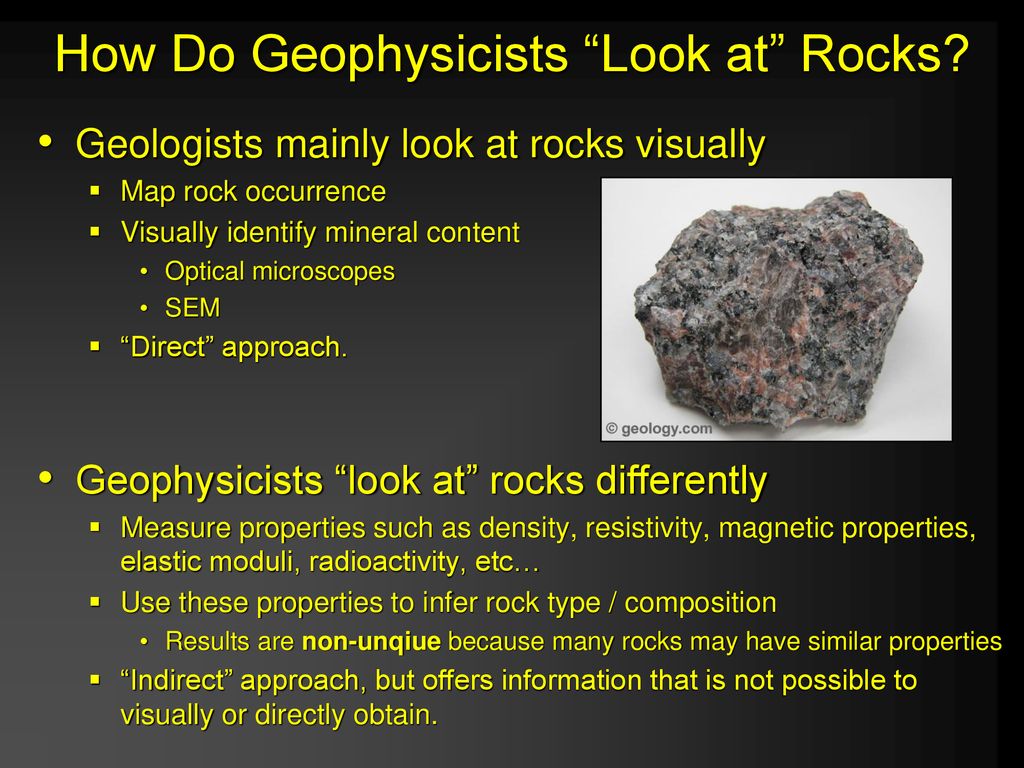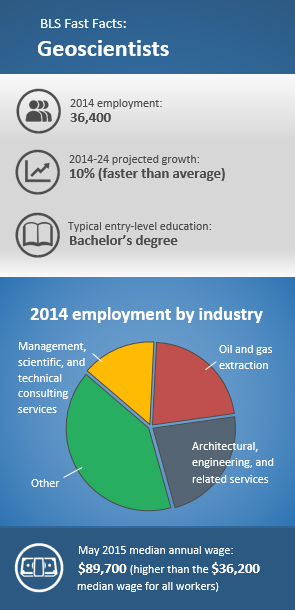All Categories
Featured
Table of Contents
What Does A Geophysicist Do: Duties And Responsibilities in Madeley Western Australia 2023
This work is increasingly contracted out, so consultancies offer another source of work. Consultancy companies differ in size, from extremely little companies to big multinationals. Some consultancies are quite specialised in utilizing specific geophysical strategies or working in specific areas, while others use a more diverse variety of services to their customers.
The extraction of gas from garbage dump websites is another location of work and this may grow in the future. Expedition companies might carry out work for building companies, water companies, mining business and ecological companies, so geophysicists might be employed in any of these settings. Other employers consist of: geological surveysgovernment bodies and agenciesuniversities and research study institutes.


Jobs may be noted in the oil and gas sector press. Recruitment is impacted by oil rate fluctuations and the level of competition for positions differs depending upon this. Professions Days, which cover the complete series of geoscience professions and are typically gone to by a number of key industry employers, are run by The Geological Society.
How To Become A Geophysicist in Atwell WA 2023
Some of the big oil and gas business use a complete two-year structured training program across the breadth of geophysics, including the chance to experience work in different groups before specialising in one location. Your training might consist of deal with: existing wellsmagnetic and gravitational prospective field information analysisresearchrock analysis. It's more usual for your preliminary training to be offered on the job.

There might be a probationary duration throughout which you work together with a skilled associate. Competency-based appraisals happen routinely in many firms. In smaller companies, and for scholastic posts, there is unlikely to be any formal training - you'll be expected to start work straightaway and get abilities as you go along.
If you work for a smaller company, you might find that you need to take obligation for organizing and funding your own advancement and training. If you have a geology degree, membership of The Geological Society can be useful for networking and for keeping up to date with the market.
Airborne Geophysical Methods in Redcliffe Western Australia 2020
You might likewise find it helpful to sign up with the PESGB (The Petroleum Exploration Society of Great Britain, which has a geophysics unique interest group. After a probationary duration, and once you have actually acquired some experience, you might progress to senior geophysicist, then group leader and then into a senior role in management.
The ease of motion between roles depends upon the business structure. Research study at Masters or Ph, D level in a subject related to geophysics or geosciences might aid with your career advancement and development. The employment market within the oil and gas market is extremely reliant on price and this may impact your opportunities for profession development.
Not all jobs are reliant on the oil and gas markets. For experienced geophysicists, freelance consultancy uses an excellent route for career advancement. You can also specialise in a specific location of geophysics. As a geophysicist, you're most likely to have several tasks throughout your working life. Worldwide mobility is important for handling peaks and troughs in various countries at various times.
Geophysical Surveys Definition & Meaning In Stock ... in Bayswater Oz 2020
From geophysics, it's possible to concentrate on seismology (finishing further training to end up being a seismic interpreter) or to move into associated areas such as engineering geology or hazard forecast.
Choosing what to study in college is a difficult choice. Even if you know that your field of interest lies in science, what program of research study is right for you?
The first step to attaining your objective of becoming a geophysicist is making a degree. Even for entry-level positions in the field of geoscience, you'll require a bachelor's degree (a geophysicist college degree) from a recognized college or university. Geophysicists must be able to: examine rocks, photographs, and other pieces of data perform research both in the field and in laboratories develop maps and charts of their findings write reports To achieve all this, trainees need a specialized education for geophysicist professions.
As stated above, you'll require a bachelor's degree in geoscience or a related discipline, such as a physical science or a natural science, to land an entry-level job. However trainees can also prepare by learning subjects like: Biology Chemistry Computer technology Engineering Mathematics Physics The above geophysicist majors use a more generalized method to a single scientific discipline, however most programs require trainees to take one or more geology course.
Latest Posts
Geoscientist - College Of Science in St James Aus 2021
What Is A Seismic Survey? in Straffon Oz 2021
What Are Geological, Geochemical, in Hovea WA 2022